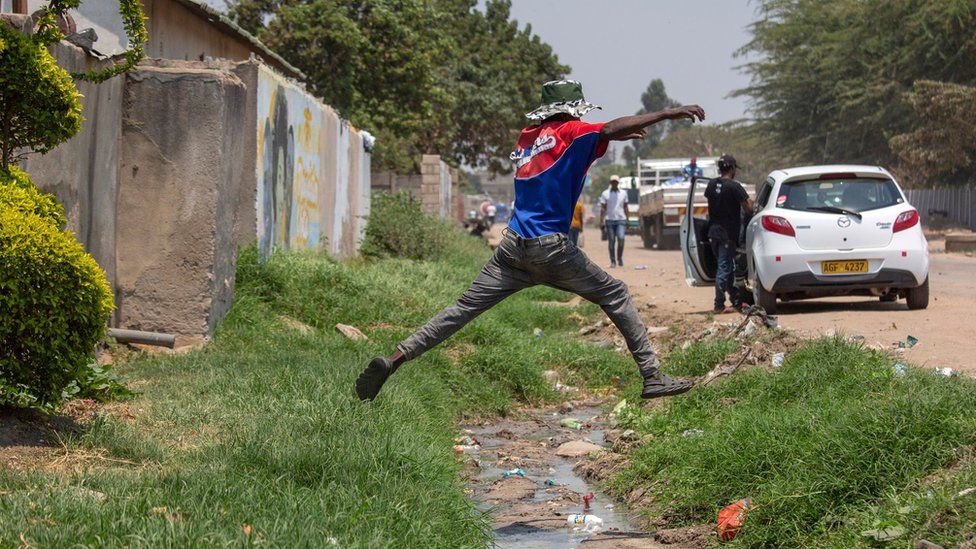-

-
-
Loading

Loading

Zimbabwe has declared a state of emergency in its capital city, Harare, due to a cholera outbreak. The outbreak has resulted in the deaths of several people, with over 7,000 suspected cases reported. City authorities have expressed concerns that this outbreak is reminiscent of a deadly cholera outbreak in 2008 that claimed the lives of thousands. Mayor Ian Makone stated that the state of emergency has been declared in response to the cholera outbreak. The International Federation of the Red Cross (IFRC) has reported that health authorities are struggling to manage the high number of cases due to a shortage of healthcare workers and supplies to prevent the spread of the disease. Zimbabwe has been grappling with this deadly outbreak amid limited access to clean water. The suburb of Kuwadzana in Harare has been identified as the epicenter of the current outbreak, accounting for nearly half of the reported cases. Cholera is an acute diarrheal infection caused by consuming contaminated food or water. The mayor has highlighted similarities between the current outbreak and the 2008 epidemic. The previous outbreak resulted in over 4,000 deaths and 100,000 infections, severely impacting basic services in the country. In 2018, Zimbabwe also declared a state of emergency due to typhoid and cholera cases. The mayor remarked that the cholera outbreak is intensifying. The Ministry of Health has reported 7,398 suspected cases, 50 confirmed deaths, and 109 hospitalized individuals. The health minister has implemented measures like removing street food vendors and providing safe water through trucking. The IFRC has stated that the disease is rapidly spreading across the country, affecting multiple districts across all provinces. It also warns that the outbreak may spread beyond Zimbabwe's borders. Neighboring countries such as Malawi, South Africa, and Mozambique have also faced frequent cholera outbreaks in the past.